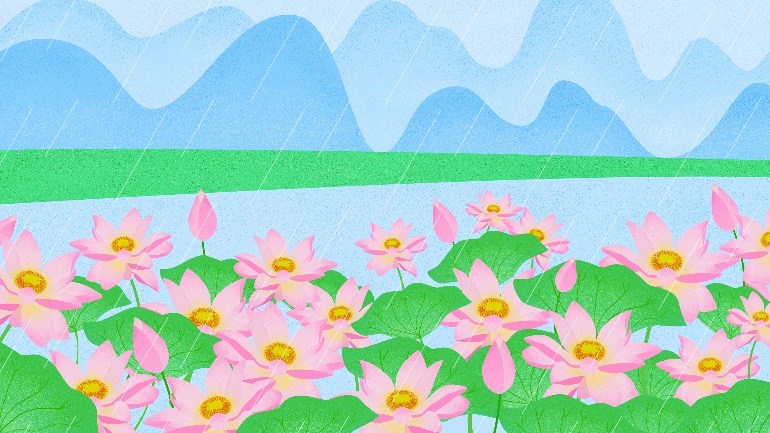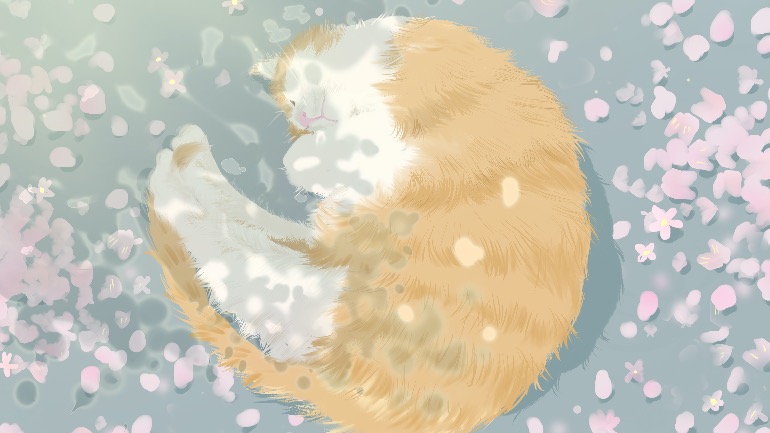Because we form a strong attachment to ourselves and everything outside, including the flower, and perceive them as truly existent, desire arises for things we covet and anger at things we find repugnant. When thoughts of desire, clinging, and enmity pervade our minds, we create karma; once karma is created, we are bound in samsara, unable to free ourselves from cyclic existence. This is why Ch’an Buddhism places constant emphasis on “non-attachment.”
However, some lay people have misinterpreted this exhortation. The principle of “non-attachment” is the core concept in Ch’an which many topics and discourses in this school are based on. Having read selected Ch’an teachings and heard the case stories of a few Ch’an masters, a number of people assume the supreme path to liberation consists of just staying detached. Hence, at the start, they refrain from forming any kind of attachment – neither releasing animals from captivity nor practicing the preliminaries; they continue to smoke, drink alcohol, eat meat, and even order live seafood to consume without misgiving. Because they claim that upholding the precepts, releasing animals from captivity, practicing the preliminaries, protecting life, etc. are all forms of attachment that obstruct the attainment of liberation. Actually, these are all misconceptions.
If problems could be solved just by staying detached, it would make life easy for everyone. However, things are never that simple. Although ultimately we want to cut through attachment and abandon all such activities that are undertaken due to ignorance, we hold on tightly to the concept of not forming attachments even when we do not yet have a method to eradicate attachment. This too is a kind of attachment – we are in fact attached to the concept of “non-attachment.” Thus, until we have a method at hand that effectively cuts through our attachment, we must not be detached.
- Quote from The Four Seals of Dhama, "All Phenomena Lack Self-Existence"











